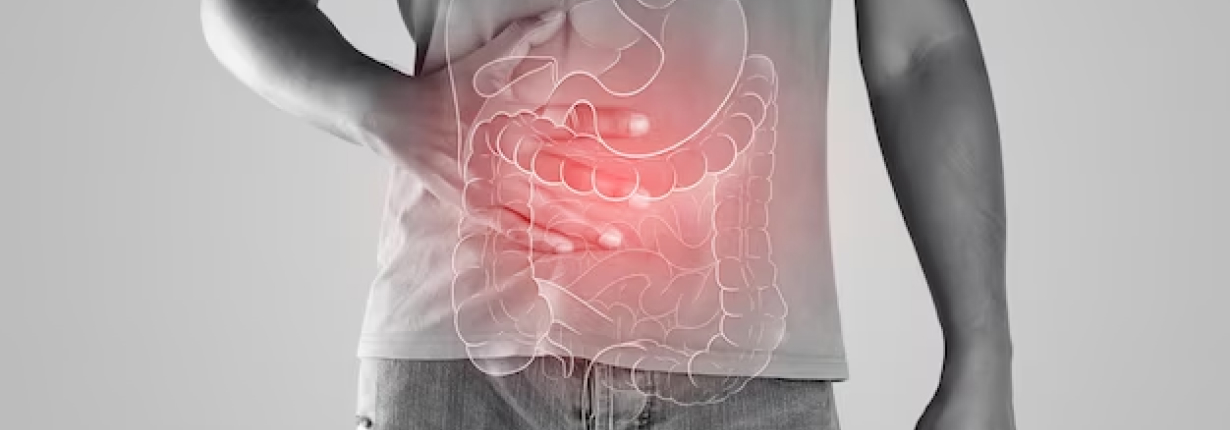
Ulcerative Colitis
Inflammation and ulcers in the digestive tract are caused by ulcerative colitis. It’s a chronic inflammatory bowel disease (IBD) that affects the large intestine (colon) and rectum’s inner lining. While ulcerative colitis can be controlled if detected early enough, it can have life-threatening consequences if left untreated, says the experienced
gastroenterology surgeon in Kolkata :
Risk Factors for Ulcerative Colitis
Ulcerative colitis, like Crohn’s disease, is influenced by the following factors :
Ethnic group: While anyone of any ethnicity can get ulcerative colitis, those of Jewish heritage are at the highest risk.
Age: Ulcerative colitis is most commonly diagnosed before the age of 30. It is possible that anyone over the age of 30 will develop it, but it is improbable that anyone above the age of 60 will develop it.
There is a history of the disease running in the family.
Use of isotretinoin to treat acne or scarring cystic acne.
Symptoms of Ulcerative Colitis

Ulcerative colitis is not always diagnosed right away, and symptoms might take a long time to appear, depending on which portion of the colon is inflamed.
Symptoms that are commonly noticed, as listed by the gastro surgeon in Kolkata, include:
 Prolonged or unexplained fever
Prolonged or unexplained fever Fatigue
Fatigue Weight loss
Weight loss Straining to defecate even after an urgency
Straining to defecate even after an urgency Diarrhoea
Diarrhoea Rectal pain or bleeding
Rectal pain or bleeding Abdominal pain
Abdominal painUlcerative Colitis Treatment in Kolkata
Ulcerative colitis is treated in the same way as Crohn’s disease: with medication or surgery, says the gastrointestinal surgeon in Kolkata.
Medicinal Treatment
- Anti-inflammatory medications, such as aminosalicylates and corticosteroids, may be prescribed.
- Immunosuppressants, such as azathioprine, cyclosporine, vedolizumab, and/or infliximab, may be prescribed.
- Iron supplements, pain relievers, anti-diarrhoea medicines, and antibiotics are also used.
Gallstones that don’t show any symptoms, such as those found during an ultrasound or CT scan for some reason, usually don’t need care.
The gallstone specialist may advise that you keep an eye out for signs of complications, such as increased pain in your upper right abdomen. The patient will be treated if gallstone signs and symptoms reappear in the future.
Surgical Treatment
If the medicinal treatment approach fails, the top gastro surgeon may propose a proctocolectomy, which is the surgical removal of the colon.
Take the first step towards a healthier you
